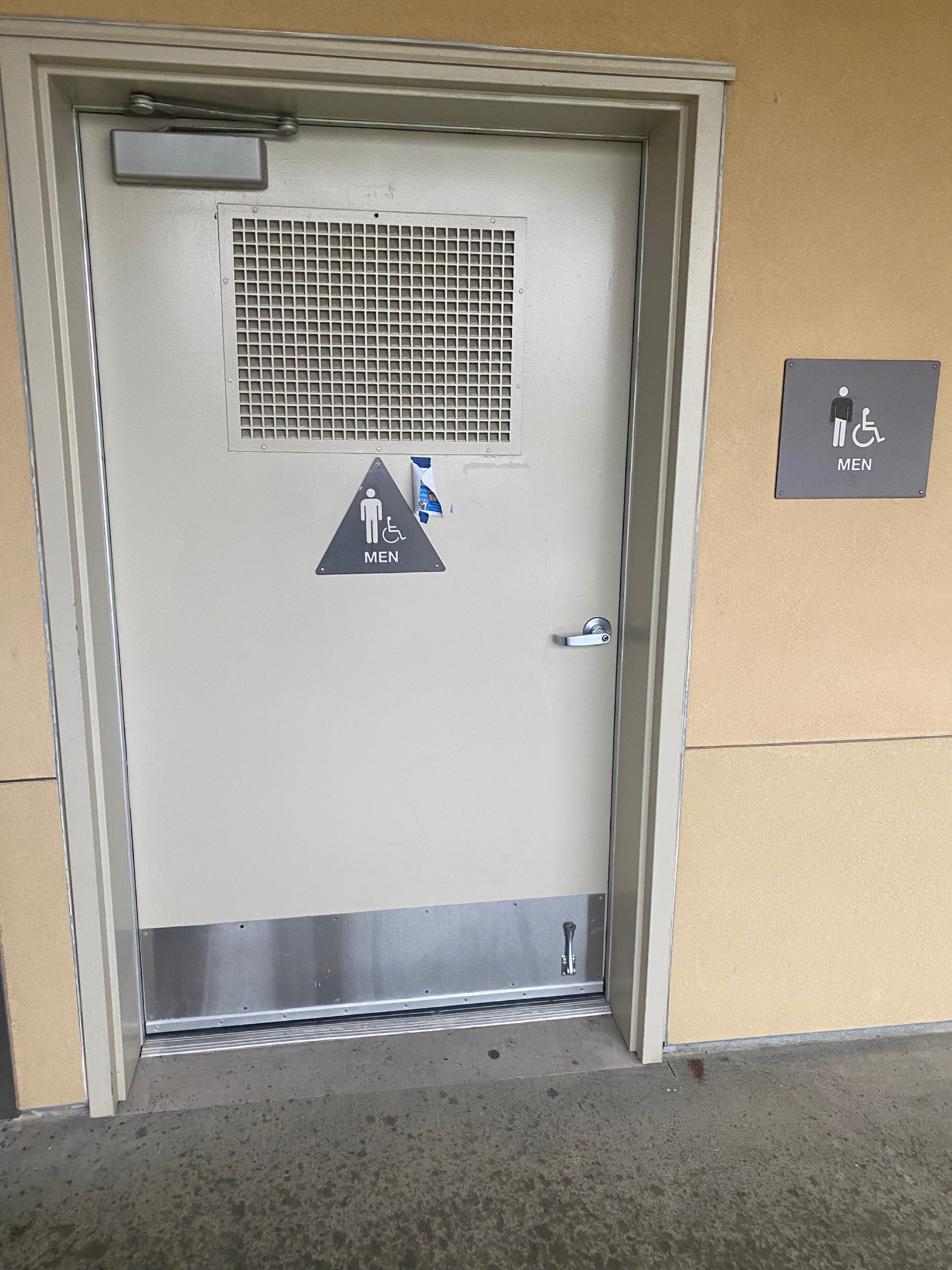Nutrition in Our Schools
Eagle time: May 25, 2017
The Trump administration has rolled back some regulations regarding school lunches due to schools saying that children were throwing away the food being served to them. The new rollbacks will be put into place for the 2017-2018 school year, sparking debate on nutrition in schools and who should get to dictate nutrition government or parents.
The cuts in regulations center around milk, sodium and bread, but they do not alter the fruit, vegetable and protein regulations.
Bread
Previously, bread had to be whole grain but now has a new exception. Schools can now receive grants be exempted from this rule if they are having a hard time abiding by it.
Milk
Milk used to have to be fat free if flavored, but could be one percent if it is not flavored. Now all milk is allowed to be one percent regardless if it is flavored or not.
Sodium
Sodium levels were supposed to keep decreasing with the 2017-2018 school year but are instead remaining the same as they were previously by the Obama Administration.
“The new regulations will have little or no impact on the current national school lunch and school breakfast programs,” said Joye McKetty, director of food services for the Folsom Cordova Unified School District.
The rollbacks can impact the nutrition of these programs in other parts of the country as well as open doors to new debate about school nutrition.
The School Lunch and Breakfast programs are key for low-income families as they can get reduced prices or for free and feed their children. “Missing meals and experiencing hunger impairs children’s development and achievement,” said the National Education Association. Luckily though, the new rollbacks will not impat these important programs
In addition, studies from Archives of Pediatric and Adolescent Medicine, the International Journal of Food Science and Nutrition, and the American Journal of Clinical Nutrition, conclude that eating breakfast at school helps children perform better in school.
McKetty, along with a local team from the SNA (School Nutrition Association), went to Washington D.C. in order to promote these new propositions. “The School Nutrition Association, asked Congress to have the United States Department of Agriculture to keep or roll back the current level for both sodium and grains that we are offering and not move on to the levels that were mandated to start July 1, 2017,” said McKetty.
Though the new standard will not impact our district, it will change many school lunches in other areas in order to make the food more palatable.








































